My pal, Simon Royle, has written a barn-burner of a book called TAG. If you thought the Apocalypse was supposed to happen last weekend, well, let me tell you, he brings the story a little close to home.
Unlike me, Simon chose to go the indie route to getting his book out to the public. At times I admit to being incredibly jealous. While my book, The Beggar’s Opera, is still out for copy-editing, and won’t be on the shelves until February 2012, Simon’s has been published for months (and, I might add, is getting rave reviews).
I asked Simon to share his indie e-book experience with us. He was kind enough to do so. Part 1 is up today. Make sure you visit for Part 2 tomorrow, when Simon will talk about the success he’s had with TAG.
______________________________________
My indie journey began with a simple thought on a Sunday afternoon, “I’m going to finish writing this book.” Little did I know this is a gateway thought, to one of the fiercest addictions known to humankind, authoring a novel. That said, the things I didn’t (and still don’t), know about writing and publishing could fill a nuclear powered aircraft carrier.
There may be writers who start writing with the idea that they want to make a lot of money by writing books. I don’t know any but I guess they do exist. I guess also that an infinitesimally small number of them actually do make money by writing books.
For the rest of us it’s about having people read, and if we’re being totally honest, also like, our books. The money we get, while nice, is not the main motivation. And we don’t want readers to just like our stories, we want them to like the cover and formatting too… and if they happen to “like” our, blogs, Facebook page, subscribe to our RSS feeds and, if possible, think our tweets are wise, intelligent, insightful and funny – well that’s just icing on the cake. More on social networking later, but at a minimum we want people to read our book. That’s it. That’s what it’s all about. Eyeballs on a page; getting readers.
To achieve this you need to do two things. One; write a good book. Two; publish it well.
Authoring and publishing are two entirely different jobs and should be treated as such. The first thing an author has to do on completion of Book One is prepare to write Book Two; and right after that, the author has to invent an alter ego: The author’s publisher. Then the author has to get the hell out of Dodge, because publishing is messy and you can’t write while you’re figuring out how to format for Smashwords.
So now you’re two people. This doesn’t mean that the author can flee the scene. It is still the author’s job, to connect with readers and promote their work through whatever means are most effective, however, that job should be delegated to them by their publisher. Which in the case of being Indie, is you. Yes, I know, it confused me a bit at first too. Just think; ‘Me, Myself, I’, like Joan Armatrading’s song, and you’ve got the essence of being “indie”.
Being “indie” is the easiest, and fastest, way to get readers. Generally, because the market is open, you’re aiming for “ereaders”. i.e. those people reading on Kindles, Nooks, Sony’s, iPad, <insert favorite ereader here>. To get to those ereaders you need distribution. Amazon, Pubit and Smashwords provide distribution. Smashwords is an aggregator and also a retail site. They distribute to sites such as Sony, Kobo and iStore amongst others.
So those are the distribution points and each has their quirks in terms of mechanics but if you were patient enough to edit eighty thousand words, you’ll be able to figure it out.
Other less obvious mechanics, and depending on the level you want to shoot for: hiring editors, publicists, cover artists, proofreaders, eBook formatters, audio producers, narrators, and a shrink. After all, by now you KNOW you MUST be crazy. Doing all this because you want people to read your thoughts – qualifies as fairly nutty by most ordinary folks standards. The thing is to be an interesting nut.
As the above shows, being indie does not mean doing everything yourself. I have hired two editors, a developmental editor (Alan Rinzler) and a copy-editor, as well as a photographer and professional cover artist. And what works for me may not for you.
Publishing can be a lot of fun, hugely rewarding (in many more ways than financial), and very satisfying. It can also be intensely frustrating, soul destroying and just dammed hard work sometimes – in other words, it’s like any other job.
With most authors, authoring is a second job. The intelligent, perhaps lazy, man’s alternative to driving a cab, and has to be slotted in where it can be while the Day Job pays bills. Traffic jams are a godsend for providing the time to whip up a bit of antagonistic dialog (a recommended tool is a tape recorder in the car). You snatch what time you can. I do most of my writing between 10 pm and midnight.
As I mentioned at the beginning, I knew nothing about publishing, whether trad or indie when I began, but fortune favors the bold and I’ve never let my total lack of knowledge about something get in the way of trying to achieve it.
______________________________________
Can’t wait ’til tomorrow to read more about Simon’s journey? Then check out these links: TAG and simon-royle.com



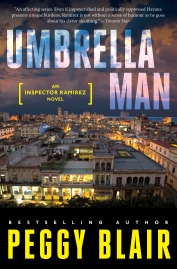
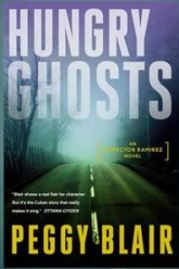
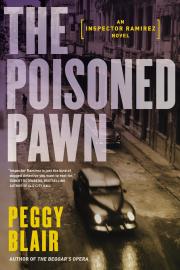
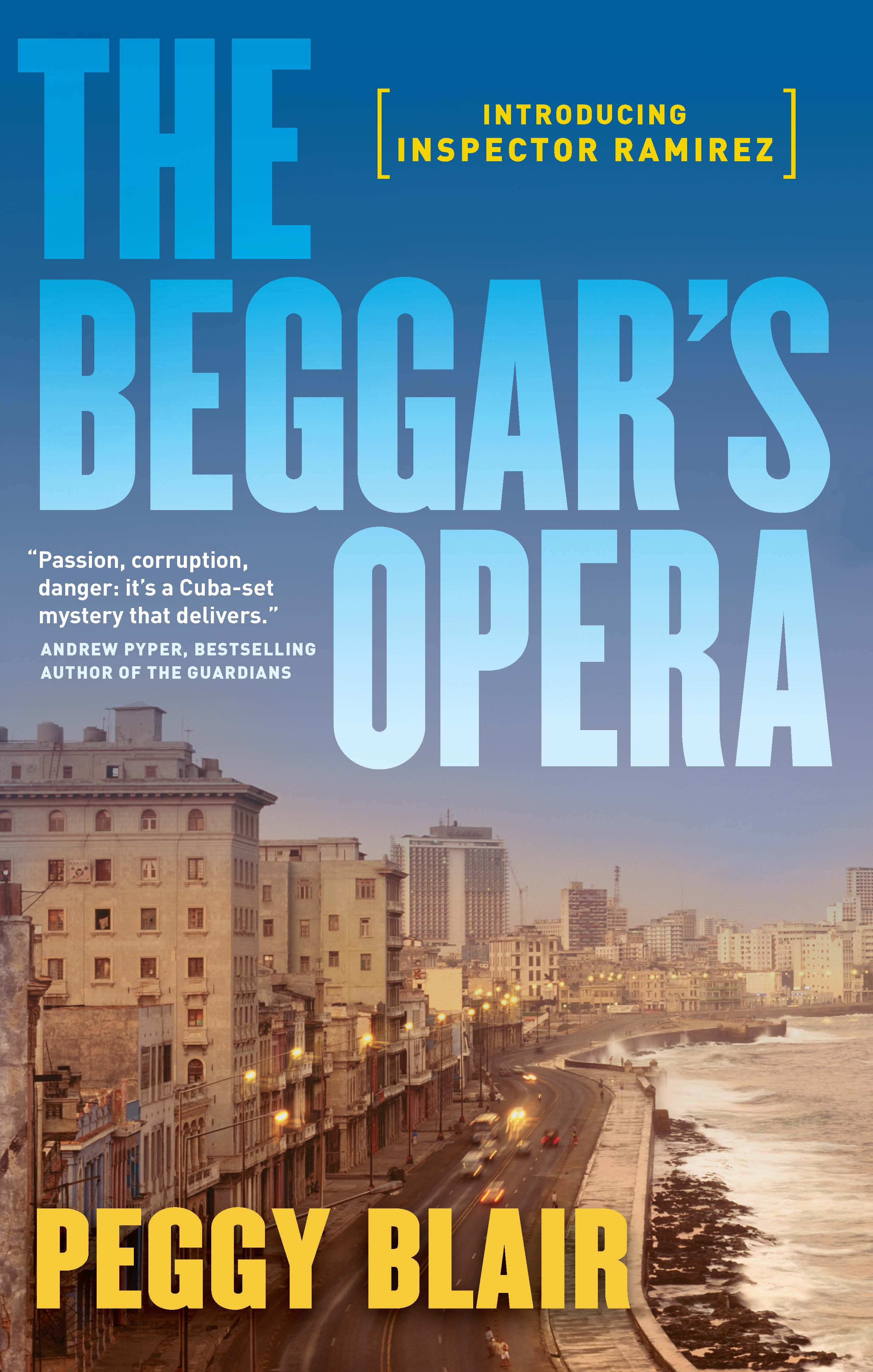
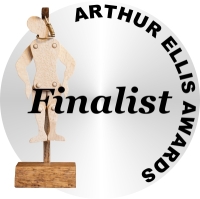
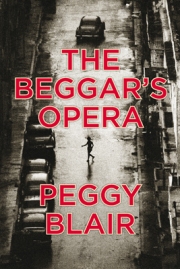

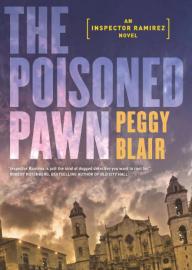







Thanks for hosting me Peggy, it was fun 🙂
LikeLike
My pleasure!
LikeLike
I can’t wait until tomorrow, I found nothing in today’s post but my eager questions about ePublishing and if I should venture into it (as if I’ll ever reach the point where I actually finish a novel) being put off once again.
P.S. How do I subscribe? There seem to be no links. :O
LikeLike
Hello Radhika! I’ve just added that widget so you can subscribe by email, thanks!
LikeLike
Authoring and publishing are two entirely different jobs and should be treated as such. The first thing an author has to do on completion of Book One is prepare to write Book Two; and right after that, the author has to invent an alter ego: The author’s publisher. Then the author has to get the hell out of Dodge, because publishing is messy and you can’t write while you’re figuring out how to format for Smashwords.
Well said. Very.
Great article, Simon. Looking forward to part II.
LikeLike
It’s already up, Vicki!
LikeLike
I’m a bit slow — it’s Monday morning. 🙂
LikeLike
🙂 – that makes two of us…
LikeLike